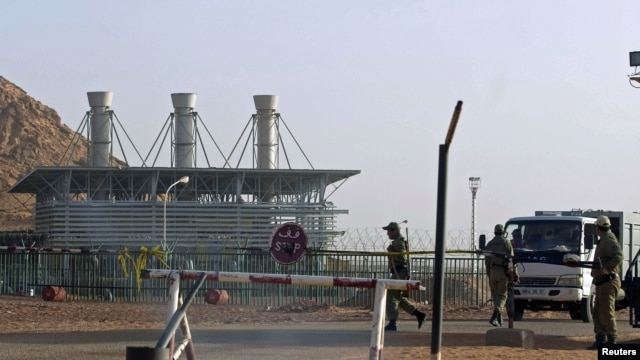- Jun 18, 2008
- 3,751
- 814
- 130
The Terrorists in Algeria all used fully automatic AK47 assault rifles, and took over 650
foreigners , including 20 Americans hostage. President Obama
wants to ban your right to buy an AR 15 or AK 47 assault rifles.
How would we defend ourselves againsts these terrorists if Obama bans our
ability to buy assault rifles, to combat the terrorists fully auto AK47's?
foreigners , including 20 Americans hostage. President Obama
wants to ban your right to buy an AR 15 or AK 47 assault rifles.
How would we defend ourselves againsts these terrorists if Obama bans our
ability to buy assault rifles, to combat the terrorists fully auto AK47's?



